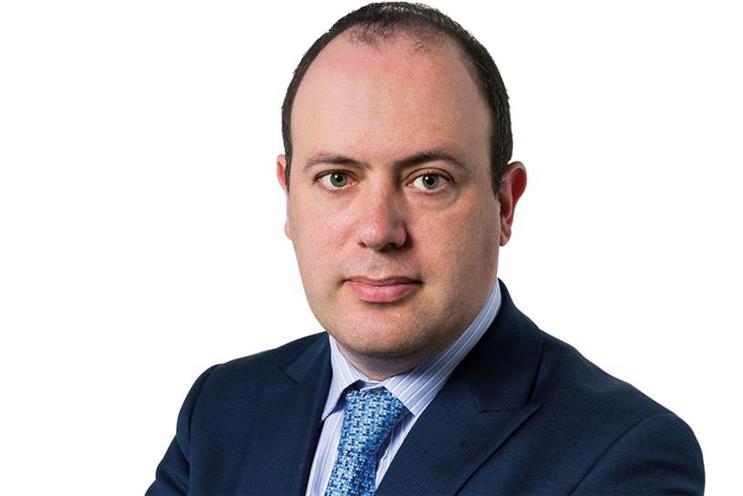There could soon be a vacancy at the top of all four of Britain’s biggest broadcasters.
Sky, ITV, Channel 4 and the BBC have each appointed a new chairman in the past year, and all need to think about finding a new chief executive or director-general before long.
Jeremy Darroch has been chief executive of Sky for nine years, while ITV’s Adam Crozier and Channel 4’s David Abraham will both have served seven years this spring.
Tony Hall has run the BBC for only four years, but he turns 66 in March and will want to ensure a smooth succession after the disaster of 2012.
The long tenures of Darroch, Crozier and Abraham, and UKTV’s CEO, Darren Childs, also in charge for seven years, underline how the period since the 2008-2009 recession has been remarkably stable
and fertile for Britain’s TV industry – creatively and commercially. TV’s ad revenues have grown every year since 2010, including last year, despite the Brexit vote, and its share of the ad market has remained solid at about 27%, confounding those who said all the money would move online.
It is harder to feel confident about the next decade, although that hasn’t stopped UKTV agreeing an estimated ten-year ad-sales deal with Channel 4 in January, and Discovery signing a similarly long contract with Sky in October.
Global demand for quality TV content – The Crown, The Great British Bake Off, Game of Thrones, House of Cards, Planet Earth, Black Mirror, Broadchurch, Carpool Karaoke – has never been greater. Less certain, however, are the platforms we will use to access that content. I wrote last year that traditional broadcasters are engaged in an epic battle with the online insurgents; that still holds true.
YouTube adopted a more conciliatory tone at its UK upfronts in December, talking about working "alongside TV", instead of telling advertisers to shift their budgets to online. But the idea that the tech platforms are complementary to TV, rather than substitutable, only holds up for as long as consumers behave that way. TV viewing by 16- to 24-year-olds has fallen 27% since 2010, according to Ofcom.
Andrew Griffith, Sky’s chief operating officer and a contender to succeed Darroch, sounds anything but complacent in an interview with 北京赛车pk10, urging TV chiefs to work harder at selling the medium to advertisers in the face of the Facebook/Google digital duopoly. Everyone from Netflix to BT, and Apple to Snapchat, wants TV’s revenues too.
The next generation of TV leaders has plenty to worry about.
Gideon Spanier is head of media at 北京赛车pk10.
gideon.spanier@haymarket.com



